Regulation
XRP Lawyer Spotlights Obstacles In Settlement

Pro-XRP lawyer Bill Morgan spotlighted the significant hurdles the U.S. Securities and Exchange Commission (SEC) could pose to a settlement with Ripple. Amid the ongoing Ripple vs SEC legal battle, the regulatory agency is expected to make a slew of appeals to deter the blockchain payments firm’s victory.
Ripple Vs SEC Settlement To Delay
In a post on X, Morgan highlighted the SEC’s pursuit of an injunction to halt Ripple’s On-Demand Liquidity (ODL) sales and its intent to appeal programmatic sales as major obstacles. Morgan stated, “The SEC seeking an injunction that would stop ODL sales and the SEC’s intention to appeal on programmatic sales are bigger obstacles to settlement.”
Moreover, these actions by the SEC indicate a prolongation of the legal dispute between Ripple and the regulatory agency. Morgan’s remarks shed light on the complexities surrounding the ongoing litigation and the challenges faced by both parties in reaching a resolution. In addition, the XRP price is also expected to suffer amid the SEC’s pursuit of barring Ripple’s win.
Furthermore, the operations of Ripple and its subsidiaries could be compromised as ODL sales serve as one of the primary constituents. However, if the Ripple vs SEC case eventually reaches a settlement, XRP supporters believe that the crypto’s price will skyrocket. In addition, Morgan echoed the sentiment and predicted that the XRP price could hit $1 after the settlement, which is currently around $0.50.
Also Read: XRP Price: Whales Accumulating Heaviliy Ahead SEC Filing On April 29
April 29 Deadline Inches Closer
Furthermore, the SEC is expected to reply to Ripple’s motion that opposes the exorbitant penalty levied by the agency. Last week, Magistrate Judge Sarah Netburn issued a new scheduling order. This order concerned Ripple’s plea to dismiss the SEC’s latest expert submissions, which are aimed at pushing the case for remedies and a final judgment.
Judge Netburn granted an extension for the SEC until April 29, 2024, to submit their rebuttal to Ripple’s motion. Subsequently, Ripple will have a three-day window to respond. Amid her recent nomination as District Judge in the Southern District of New York, Judge Netburn continues to preside over the Ripple vs. SEC case. Moreover, her consistent and fair rulings have garnered favor from the crypto community.
Ripple is pushing back against the SEC’s proposed civil penalties in the ongoing legal battle. The blockchain payments company opposes the SEC’s push for hefty civil penalties, suggesting instead a penalty capped at $10 million. Ripple argues that the SEC’s claims are exaggerated and lack substantial evidence.
Furthermore, Ripple has addressed the absence of evidence supporting future violations or reckless behavior in its institutional XRP sales. Hence, the SEC’s response and Ripple’s further counter would serve as focal points in determining whether the Ripple vs SEC case will reach a settlement soon.
Also Read: Charles Hoskinson Spooks XRP Community Again, Here’s Why
The presented content may include the personal opinion of the author and is subject to market condition. Do your market research before investing in cryptocurrencies. The author or the publication does not hold any responsibility for your personal financial loss.
Regulation
Elon Musk Secures Victory Against US SEC As Court Rejects Sanction Request

The world’s richest man, Elon Musk, has secured victory in a legal battle with the US Securities and Exchange Commission (SEC). This came as the court refused the Commission’s request to sanction Musk regarding the X acquisition deal for $44 billion.
Court Rules In Favor Of Elon Musk Against US SEC
According to a Bloomberg report, US District Judge Jacqueline Scott Corley has refused to sanction Elon Musk for skipping a meeting with the US SEC and option to watch one of his rockets launch instead.
The judge said there was no need to sanction Musk because he had already agreed to reimburse the Commission $2,923 to cover airfare for the three agency lawyers, which he stood up back in December. Corley also noted that the world’s richest man eventually met with these SEC lawyers to give his testimony regarding the X deal on October 3.
Reacting to this development in X post, Elon Musk jokingly said,
SEC. The middle word is definitely “Elon’s”, but I can never remember what the other two words stand for.
Meanwhile, Dogecoin’s creator, Billy Markus, also responded to Musk’s post and labeled the Commission an “annoying organization.” It is worth mentioning that this is the second legal battle Musk has won in the space of a week as investors in the Dogecoin manipulation lawsuit last week withdrew their appeal against the world’s richest man and Tesla.
Meanwhile, Musk’s legal battle with the SEC might not be the last encounter he has with the Commission since he is set to co-lead the Department of Government Efficiency (D.O.G.E). He is likely to oversee how the Commission spends its budget.
In line with this, Ripple’s Chief Legal Officer (CLO) Stuart Alderoty called on Musk to probe the US SEC’s spending. Alderoty believes the Commission has misused taxpayer funds to finance unnecessary enforcement actions.
Donald Trump Also Secures Major Legal Victory
Alongside Elon Musk, US President-elect Donald Trump also recently secured a major legal victory. Judge Juan Merchan has delayed Trump’s sentencing hearing in his hush-money case, which was to take place on November 26.
The judge made this decision to let the incoming US president argue to dismiss the conviction before his inauguration on January 20. This situation is novel, as there has never been a situation in which the incoming president faces sentencing on a criminal conviction.
Meanwhile, earlier in the month, there was also a CNBC report that the Department of Justice (DOJ) is looking to wind down the two federal criminal cases against Trump. This aligns with their policy that they cannot prosecute a sitting president.
Disclaimer: The presented content may include the personal opinion of the author and is subject to market condition. Do your market research before investing in cryptocurrencies. The author or the publication does not hold any responsibility for your personal financial loss.
Regulation
US SEC Commissioner Jaime Lizárraga Announces Departure Amid Trump Transition
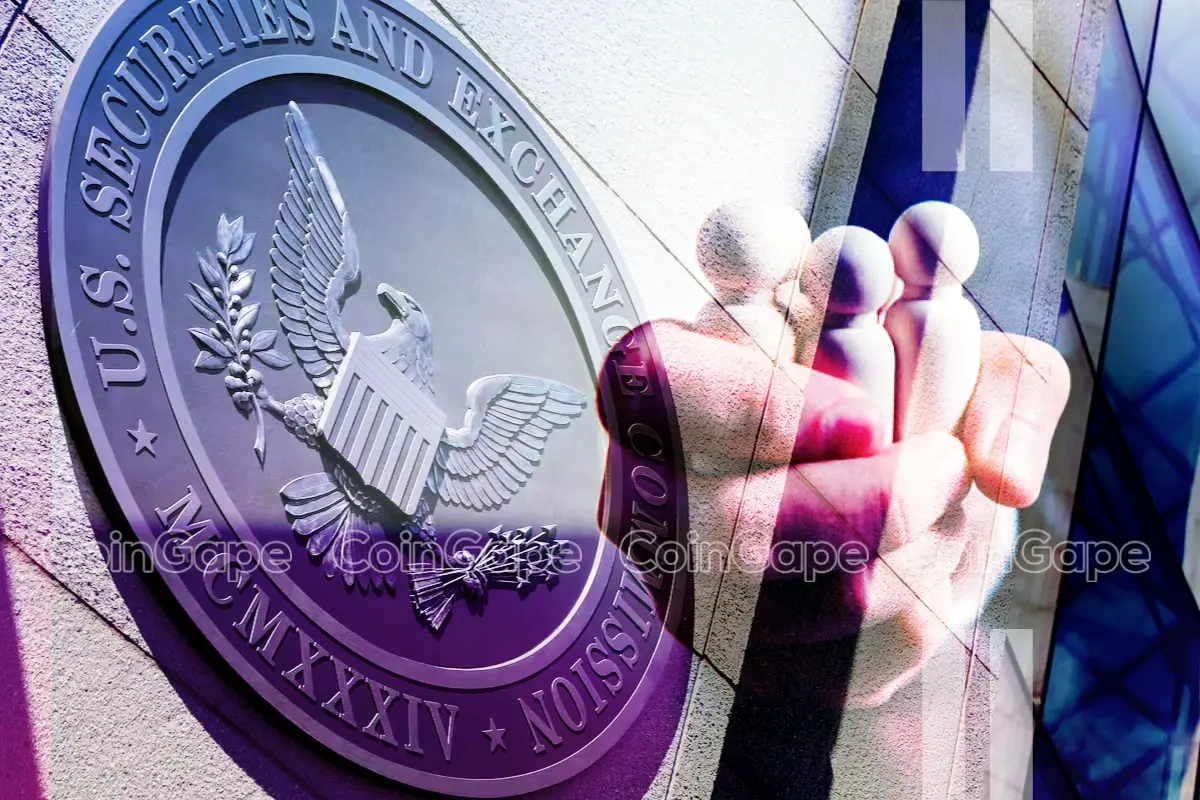
SEC Commissioner Jaime Lizárraga announced his decision to step down on January 17, 2025, as the Donald Trump administration prepares to assume office. A Democrat since 2022, Lizárraga cited personal family reasons for his departure.
Notably, His resignation will reduce the commission to one democratic commissioner, Caroline Crenshaw, and two Republican commissioners, Hester Peirce and Mark Uyeda.
US SEC Faces Leadership Shift as Commissioner Lizárraga Steps Down
According to a recent filing, SEC Commissioner Jaime Lizárraga will officially resign from the US SEC by January 17, 2025. His decision is made at the backdrop of Donald Trump preparing to take office three days later.
This also means change of guard within the commission as the current US SEC Chair Gary Gensler is expected to leave office on January 20, 2025, the Inauguration day of Trump. His resignation comes after weeks of pressure to remove him starting with Trump’s pledge to fire him.
Lizárraga, known for advancing corporate reporting on climate risk and data breaches, cited his wife’s battle with breast cancer as the reason for stepping down. He emphasized need to prioritize his family during this critical time.
Jaime Lizárraga stated,
“For the better part of this year, my wife, Kelly, has confronted serious illness with admirable courage and a strong spirit. In reflecting on the challenges that lie ahead, we have decided that it is in the best interests of our family to close this chapter in my 34-year public service journey.”
Lizárraga’s departure leaves the Securities and Exchange Commission with just one Democratic Commissioner, Caroline Crenshaw. The two remaining Republican members are Hester Peirce and Mark Uyeda. This shift will alter the commission’s political balance and spark potential challenges in advancing or overturning regulatory measures.
With a three-member commission, the commission’s quorum rules mandate full participation to adopt or amend regulations unless there is a formal recusal or disqualification.
Speculation Builds Around the Next Commission Chair
With the departure of both Chair Gary Gensler and Jaime Lizárraga, discussions about the next US SEC Chair have intensified. Names under consideration include Robert Stebbins, a partner at Willkie Farr; former Commissioner Paul Atkins; and Teresa Goody Guillén, a partner at BakerHostetler and a former litigation counsel for the commission.
The new Chair is expected to reshape the crypto regulatory landscape and other pressing financial matters. As the Trump administration ushers in new appointments, the focus will be on implementing balanced and innovation-friendly policies.
Meanwhile, the Blockchain Association has urged the incoming government to address critical issues in cryptocurrency regulation. The association outlined five major priorities for Trump administration. These include, a clear and comprehensive regulatory framework for digital assets, implementing stablecoin legislation, and ending the debanking of cryptocurrency companies.
The association also proposed the formation of a Crypto Advisory Council to enhance collaboration between regulators and stakeholders. A recent CoinGape report revealed that the crypto advisory council will help create a strategic Bitcoin reserve.
Disclaimer: The presented content may include the personal opinion of the author and is subject to market condition. Do your market research before investing in cryptocurrencies. The author or the publication does not hold any responsibility for your personal financial loss.
Regulation
US SEC Commissioner Jaime Lizárraga to resign in January


- Jaime Lizárraga will resign as SEC Commissioner on January 17, 2025.
- His departure leaves only one Democrat on the SEC amid a Republican-led shift.
- Discussions intensify over the next SEC Chair, with crypto regulation in focus.
In a significant development at the US Securities and Exchange Commission (SEC), Commissioner Jaime Lizárraga has announced that he will step down from his post on January 17, 2025.
His resignation comes shortly after SEC Chair Gary Gensler revealed plans to depart when President-elect Donald Trump is sworn into office.
Lizárraga’s decision to resign has been attributed to personal reasons, specifically his wife’s serious illness, a matter he shared with President Joe Biden.
Jaime Lizárraga, who has served as an SEC Commissioner since 2022, was appointed during the Biden administration and had a term slated to last until 2027. His departure means that the SEC will lose one of the remaining Democratic voices on the five-member commission, leaving Caroline Crenshaw as the only Democratic Commissioner.
The commission will now have three Republicans: Hester Peirce, Mark Uyeda, and the soon-to-be vacated chairmanship under Gensler.
SEC’s leadership change as Trump prepares to assume office
The timing of Lizárraga’s resignation adds to the ongoing shift in the SEC’s leadership, raising questions about the future direction of regulatory policies, especially on issues like cryptocurrency.
Under Gensler, the SEC pursued a stringent stance on crypto, but with the departure of both Gensler and Lizárraga, the upcoming administration may steer the agency in a different direction, particularly in light of Trump’s pro-crypto rhetoric.
The SEC requires only a majority of three commissioners to make decisions, so the incoming Republican majority will hold significant sway over the commission’s agenda.
Lizárraga’s departure, alongside Gensler’s exit, further intensifies the debate over the next SEC Chair. The position is crucial for setting the regulatory tone, particularly on emerging issues like cryptocurrency.
As the Trump administration prepares to fill key positions, speculation grows over potential appointees, with names such as Brian Brooks, the former CEO of Binance.US, and current Republican SEC Commissioners Hester Peirce and Mark Uyeda emerging as potential candidates for the role.
Robinhood Chief Legal Officer Dan Gallagher, who was previously considered one of the top contenders for the SEC chair, has announced his withdrawal from consideration for the role.
This shift signals a new chapter for the SEC, with potential ramifications for both financial markets and regulatory approaches under the incoming administration.
-

 Market17 hours ago
Market17 hours agoArtificial Intelligence Coins on the Rise: TFUEL, ZIG, and AKT
-
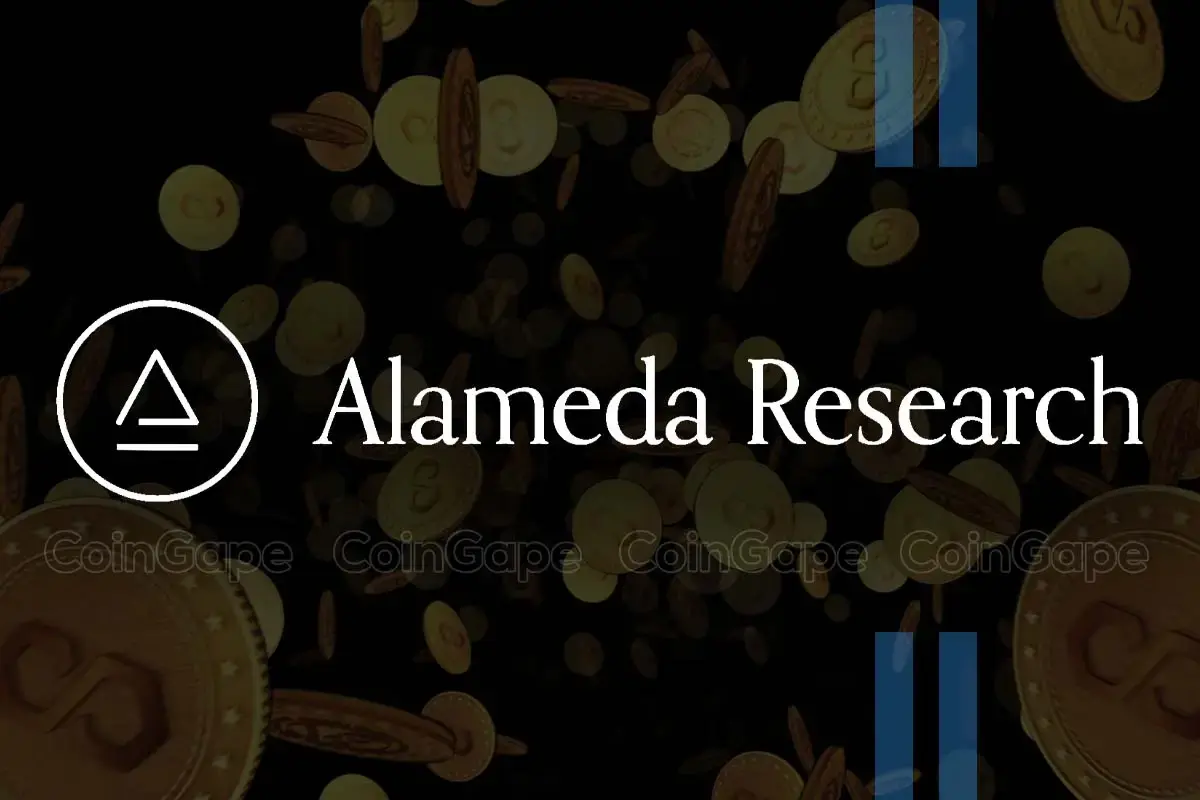
 Altcoin17 hours ago
Altcoin17 hours agoAlameda Research Dumping Polygon (POL) Amid Price Spike, What’s Next?
-

 Altcoin22 hours ago
Altcoin22 hours agoRipple CEO Shares Bullish News With XRP Army As Trump Names Treasury Secretary
-

 Altcoin19 hours ago
Altcoin19 hours agoArthur Hayes Shills Another Solana Meme Coin, Price Rallies
-

 Market18 hours ago
Market18 hours agoTrump Taps Pro-Crypto Scott Bessent for Treasury Secretary Role
-
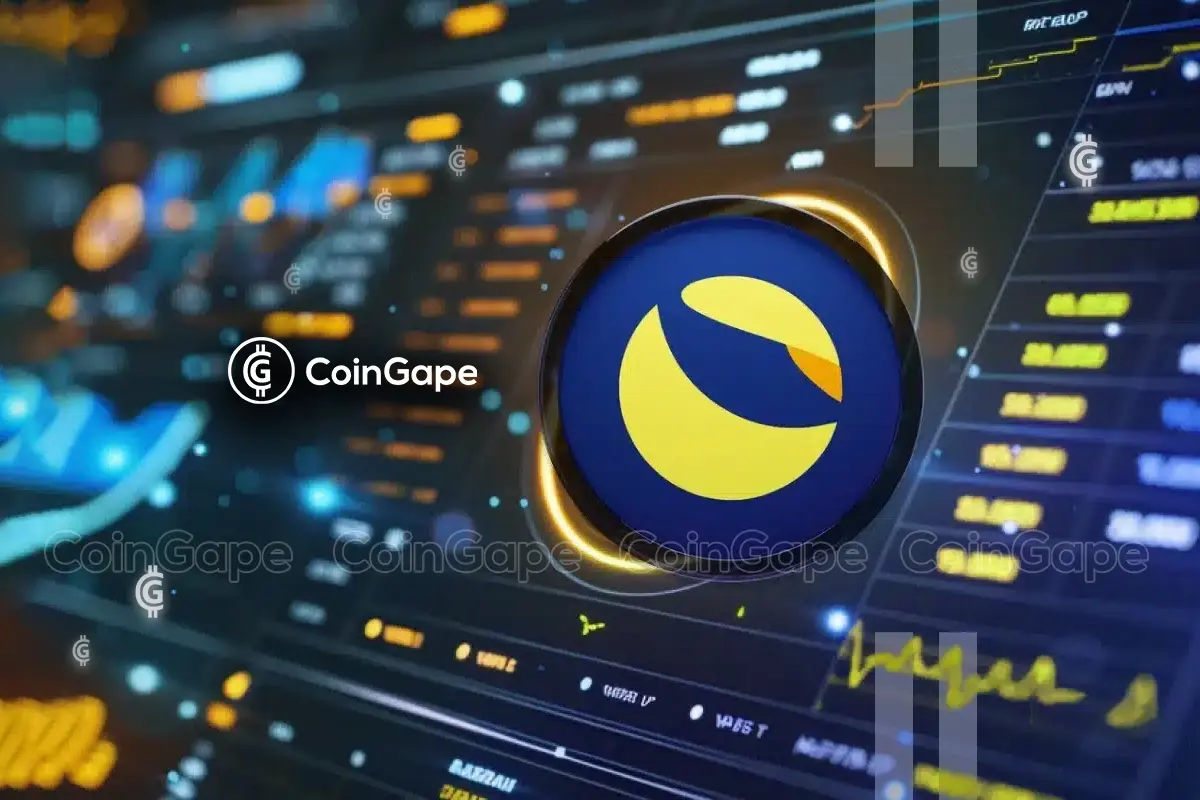
 Altcoin18 hours ago
Altcoin18 hours agoTerra Luna Classic Community Discord On Proposal Amid LUNC Price Rally
-

 Altcoin15 hours ago
Altcoin15 hours agoSHIB Lead Shytoshi Kusama Hints At TREAT Token Launch
-

 Market14 hours ago
Market14 hours agoSEC Secures Record $8.2 Billion in 2024 Financial Remedies






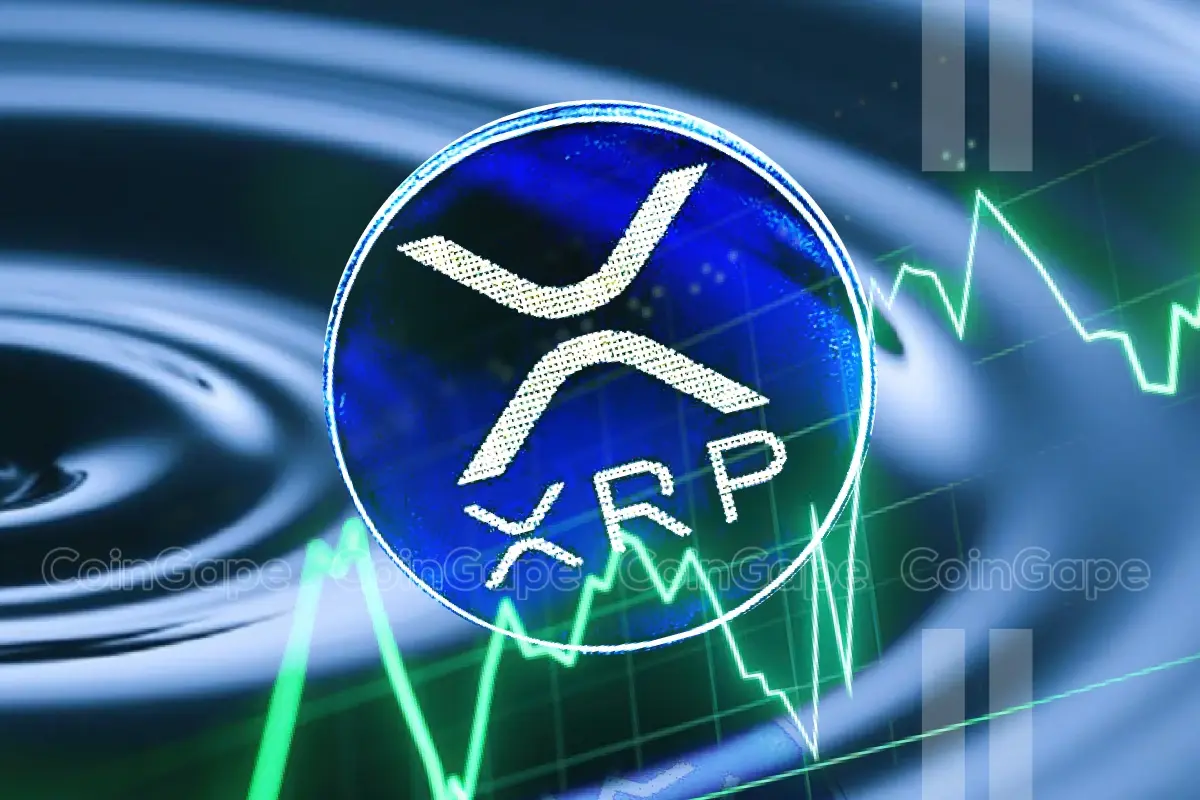
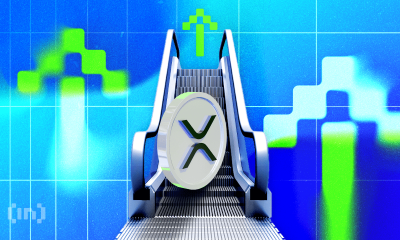













✓ Share: